So this coming Tuesday, marks the start of the eight-day Feast of Passover, which along with Yom Kippur, Hannukah and Rosh HaShanah, is one of the most important times in the Jewish calendar.
So what is Passover, and what is its significance?
In a nutshell, Passover honors the Biblical event known as The Exodus, in which God saved the Hebrew race, which had apparently had been living in Egypt as an overseas minority community from anymore persecution.
God destroys Egypt, as the Hebrews flee, crossing the Red Sea into the Land of Canaan, which would later become known as Eretz Yisra'el (Hebrew: אֶרֶץ יִשְׂרָאֵל), or the Land of Israel.
However, it wasn't a free ride, and the Hebrews had to do things, perform certain activities and rituals in order for God to save them. Those activities, form the foundation for the modern-day observance of Passover.
The main focus, and the main activity that sticks out is the prohibition of eating anything with yeast in it. This would mean common breads, pastries, cakes and even noodles. In their place, Jews eat a yeast-free unleavened bread/cracker known as the matzo, which can also be spelled as matzah, or matzoh. It bears a striking similarity in appearance to the Swedish tunnbröd.
While the matzo variants we often come to know and love are square or rectangular in shape, the hand-made ones are circular.
This tradition stems from two parts, the first being that God commanded that the Hebrews make bread without yeast.
In Exodus 12:14-16, God instructs Moses and the Hebrews to prepare bread with no yeast in it. He specifically states in that very same verse, that he wants this tradition to be observed and honored not only during the event of the Exodus, but for all followers of the Hebraic faith).
No, it's not what it seems, Jews don't just munch on matzo crackers all day. Matzo is used a substitute in places where leavened bread containing yeast (aka "regular bread") would be used. For example, for sandwiches, Jews would use matzo instead of regular bread.
There's even a matzo pizza, which in all honesty, I've made and eaten and is actually not bad, at all.
While matzo is the stereotypical Jewish food of Passover, some, especially Mizrahi Jews (who follow an Arab-influenced culture), do with pita bread instead.
As a matter of fact, on the day before Passover, Jews are to take ALL the food products in their house that contain yeast, and get rid of it, in any that they can. Though strangely, in Exodus 12:15, God instructed the Hebrews to do it on the first day of Passover.
But anyway, yeast-cleansing is done in several ways, sometimes people dump 'em, burn 'em, or just give or sell 'em to non-Jews.
The second reason for the no-yeast bread rule is that in Exodus 12:34, as the Hebrews were fleeing Egypt, they didn't have enough time to put yeast in the dough of the bread they were baking - so they hastily took their unleavened bread with them.
Then every night of Passover, Jews participate in a ritual meal known as the seder. I'm not gonna get into all the specifics and origins of each part, or try to assault you, the reader, with Hebrew jargon, but the seder isn't your average meal, and is actually eaten before the main meal.
The seder foods is eaten on a special plate, where each food item has a special placement on the plate. The foods that go in the plate include bitter herbs, a sweet brown nut-based sauce, a vegetable, roasted animal bone and a roasted hard-boiled egg.
The vegetable is dipped in salt water before being eaten, and the animal bone is actually not even eaten, let alone handled. It's...just "there". Its significance remembers the lamb that was sacrificed, eaten (Exodus 12:4-6 and 9-11) and had its blood wiped on the door posts to keep the Angel of Death from killing the first-born of anyone who did so (Exodus 12:7 and 12-13).
That is actually where the name "Passover" comes from as Exodus 12:12-13 stated, God would "pass over" the houses with lamb's blood smeared on the door posts in his destruction against Egypt.
So...the animal bone...is actually a memorial, of an animal that WAS actually slaughtered AND eaten. Of course last but not least, there's the eating of the matzo bread. The significance of bread without yeast sometimes earns Passover the name "Feast of Unleavened Bread".
The meal also includes prayers, singing, Torah-reading and ritual hand-washing.
Observance by Christians
While the eight-day feast is known for being a Jewish feast, it also celebrated by a lot of the lesser mainstream sections of Christianity, such as the Messianic Jews, Seventh-Day Adventists, Jehovah's Witnesses, Assemblies of Yahweh and non-denominational groups. It may also be observed by mainstream Christians who feel compelled to do as, as Jesus Christ, being a Jew, observed the feast. The "Lord's Last Supper" was describing a Passover supper that Jesus was having.
Solemn vs. Festive?
As I mentioned in this post, not all holidays are festive in nature. Some, like the Christian Good Friday and the Jewish Yom Kippur are both solemn observations. So that leads us to ask, is Passover solemn or festive?
From all the research that I've done, it's actually a balance of both. There's a solemn side to it, and a festive side to it. Despite the "no yeast" rule, Passover actually isn't some hugely restrictive holiday (nothing like Yom Kippur).
After the seder meal, which in of itself is a solemn ritual meal, the main meal is eaten, and is actually festive in nature. Unlike Good Friday with Catholics, Jews can eat meat on Passover. So the post-seder meal, is filled with all sorts of delicious dishes and foods!
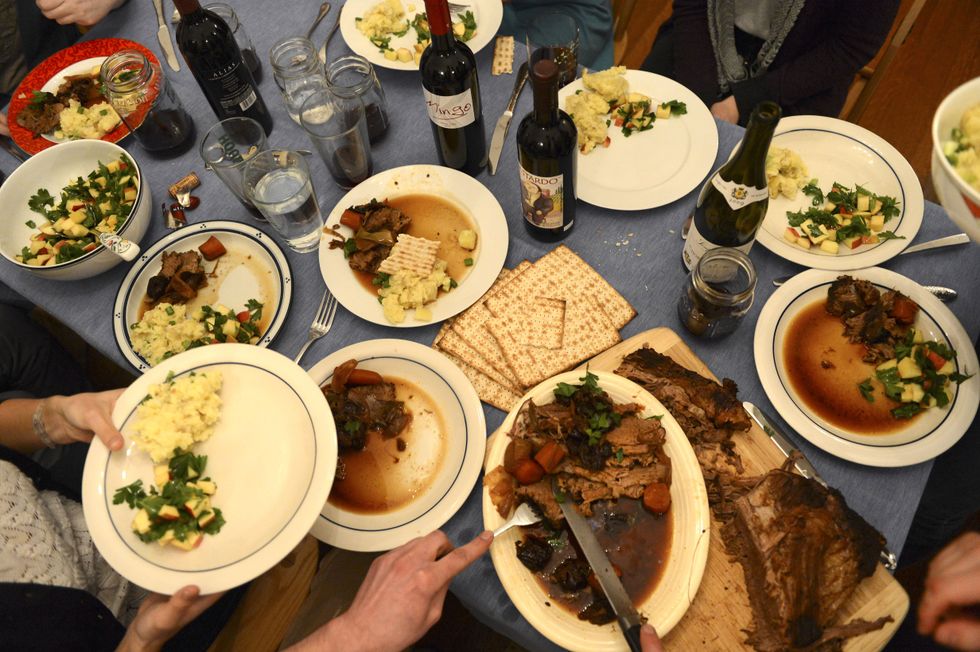

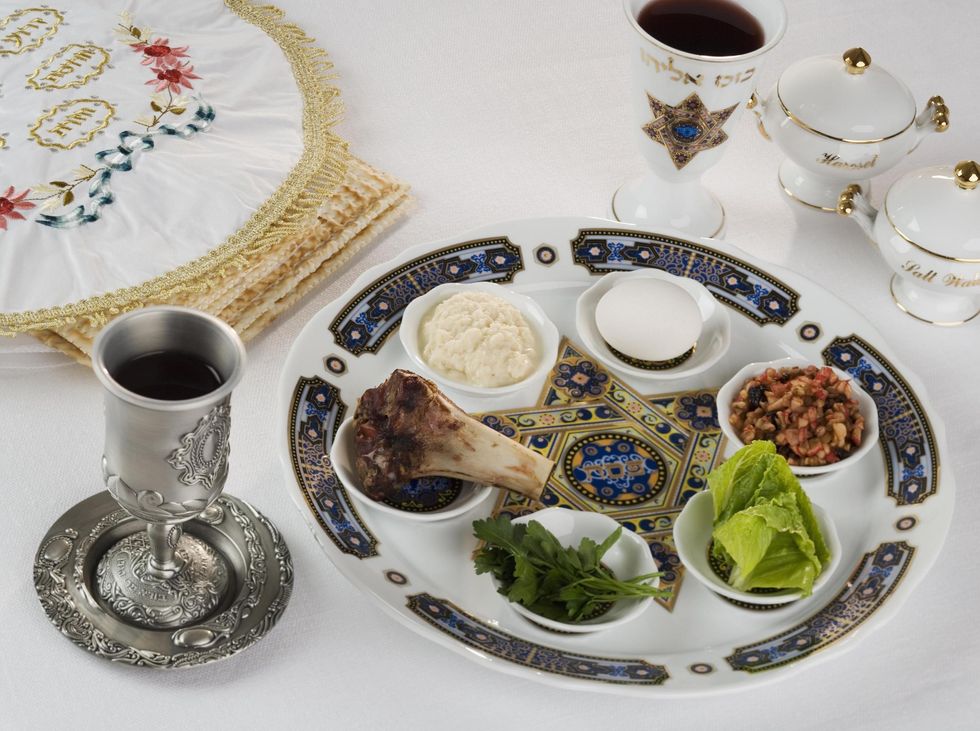
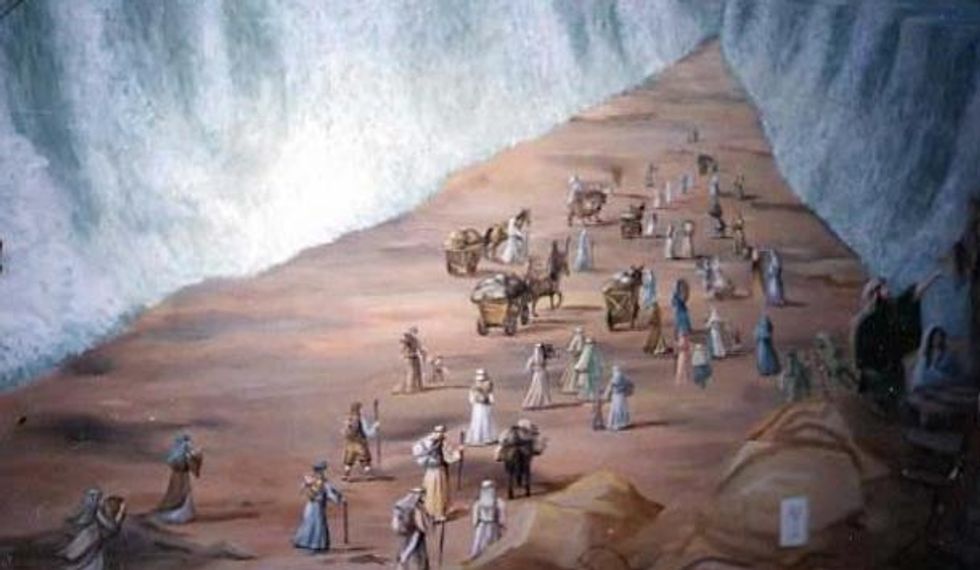
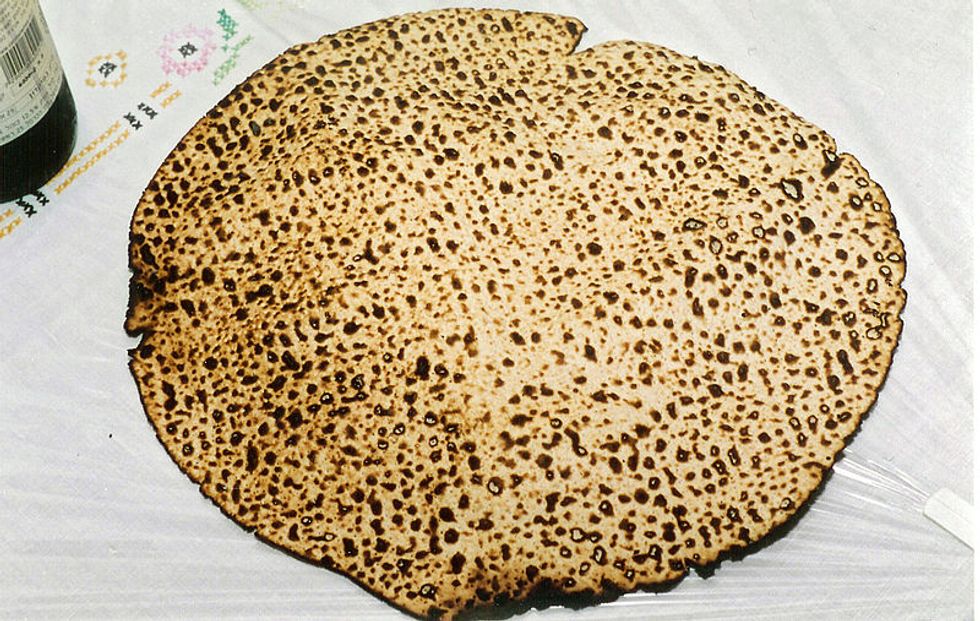
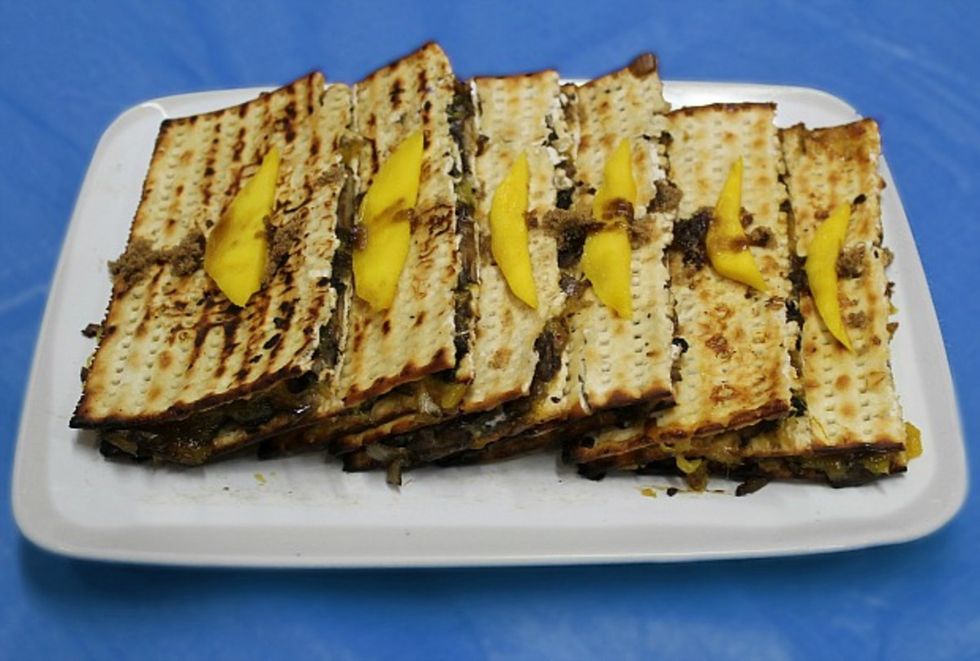
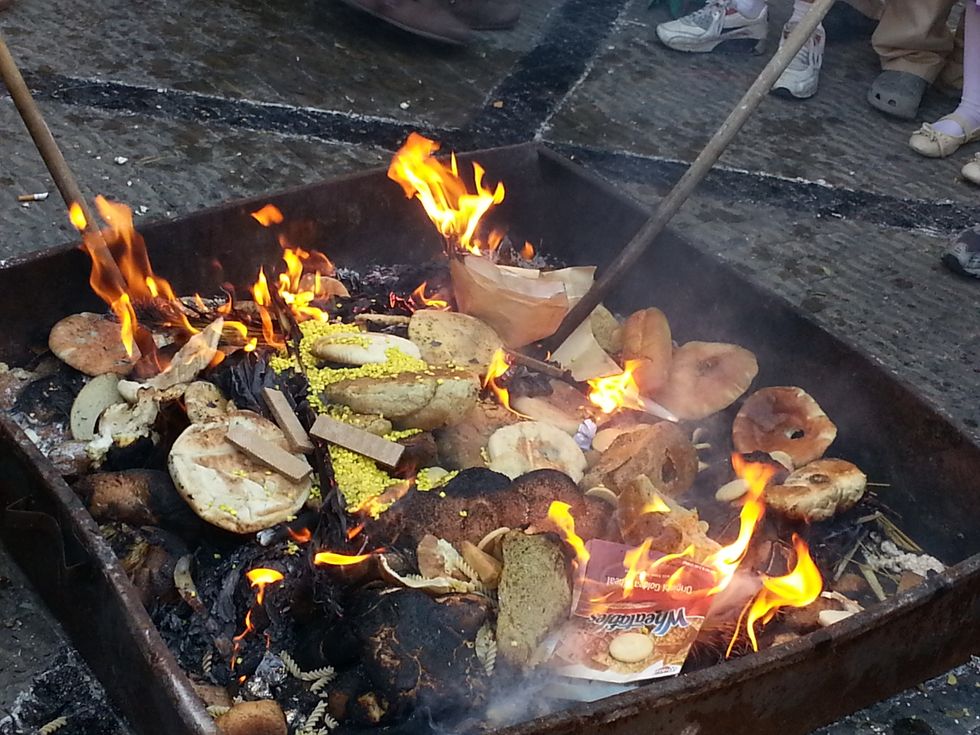
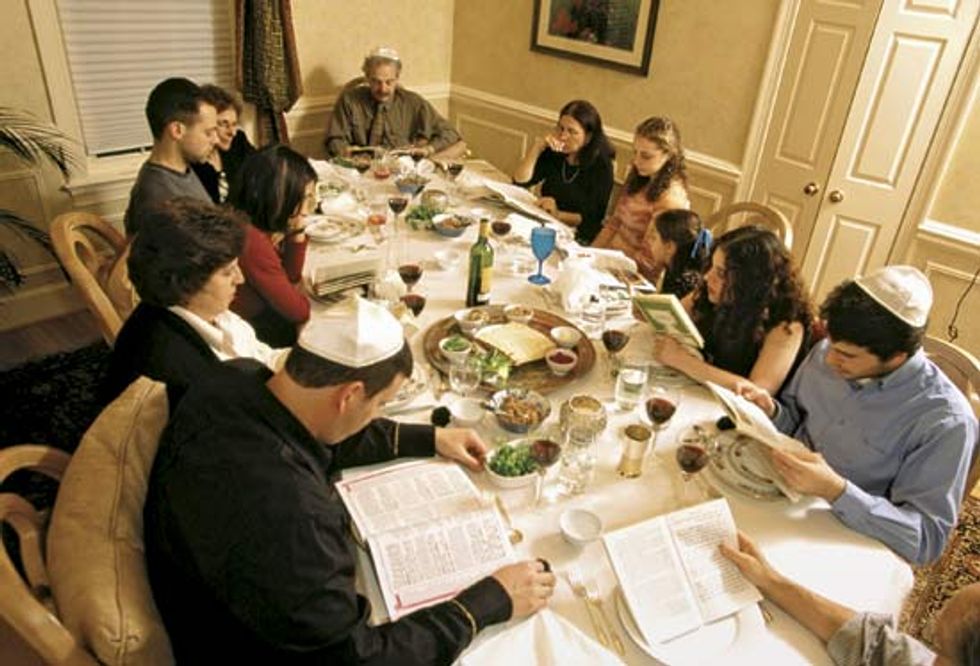
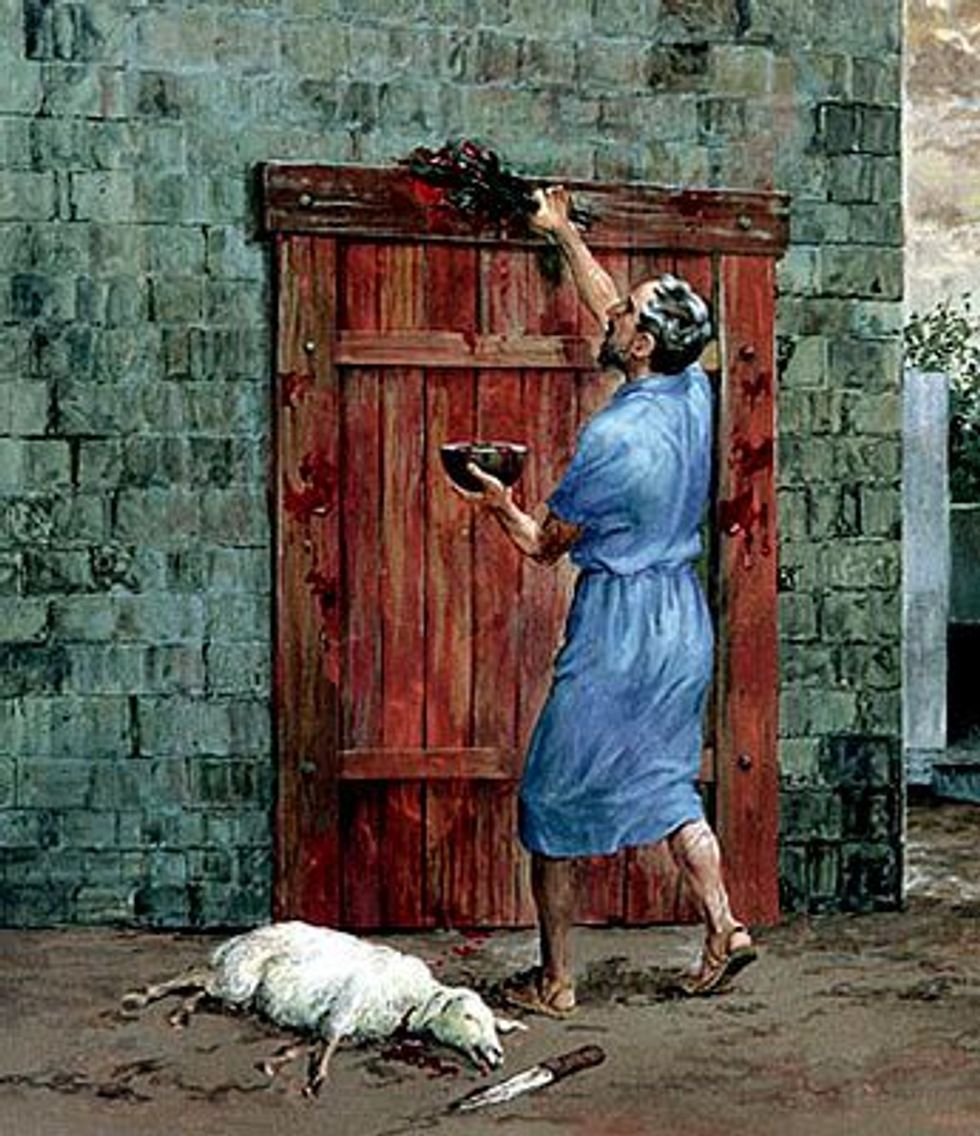


 man running in forestPhoto by
man running in forestPhoto by 





 "I thought you knew what you signed up for."
"I thought you knew what you signed up for." man and woman in bathtub
Photo by
man and woman in bathtub
Photo by  four women sitting on black steel bench during daytime
Photo by
four women sitting on black steel bench during daytime
Photo by  Uber app ready to ride on a smartphone.
Photo by
Uber app ready to ride on a smartphone.
Photo by 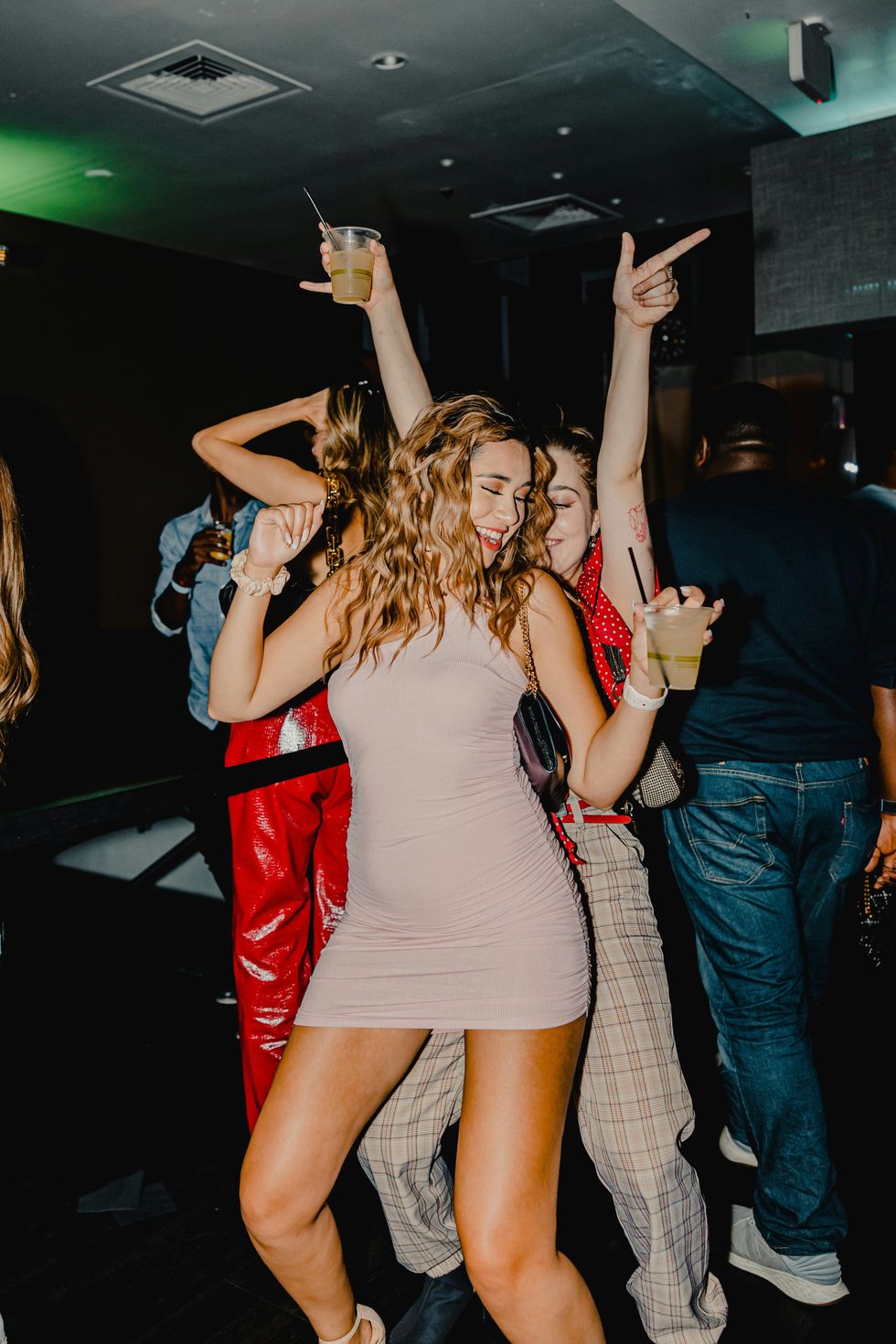 woman in red tank top and blue denim shorts standing beside woman in black tank top
Photo by
woman in red tank top and blue denim shorts standing beside woman in black tank top
Photo by  blue marker on white printer paper
Photo by
blue marker on white printer paper
Photo by  welcome signage on focus photography
Photo by
welcome signage on focus photography
Photo by  woman in white and black striped long sleeve shirt lying on bed
Photo by
woman in white and black striped long sleeve shirt lying on bed
Photo by 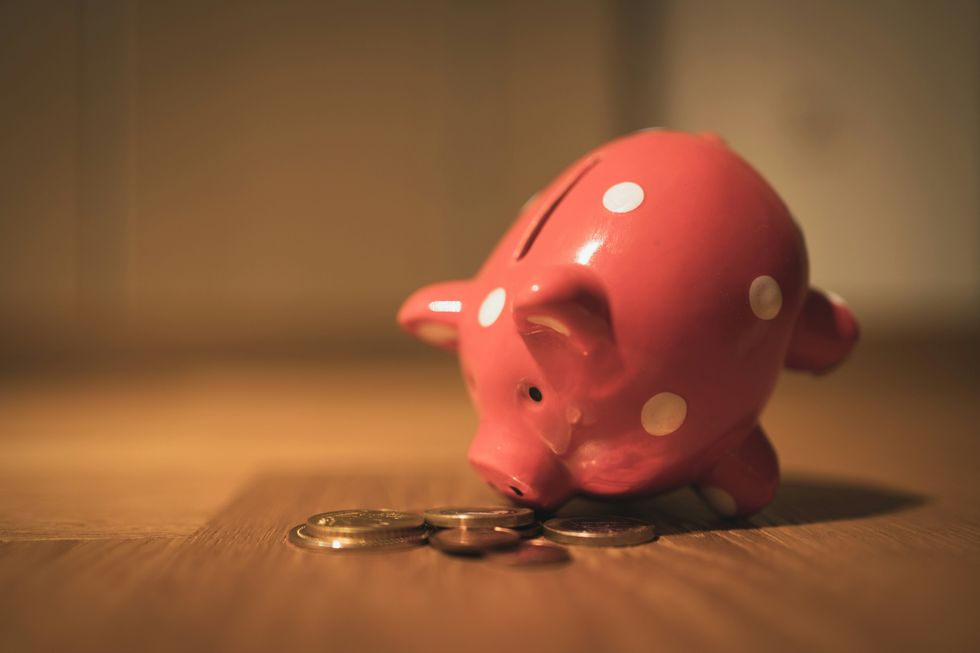 pink pig coin bank on brown wooden table
Photo by
pink pig coin bank on brown wooden table
Photo by  person holding iPhone 6 turned on
Photo by
person holding iPhone 6 turned on
Photo by  person holding pencil near laptop computer
Photo by
person holding pencil near laptop computer
Photo by  person slicing vegetable
Photo by
person slicing vegetable
Photo by 
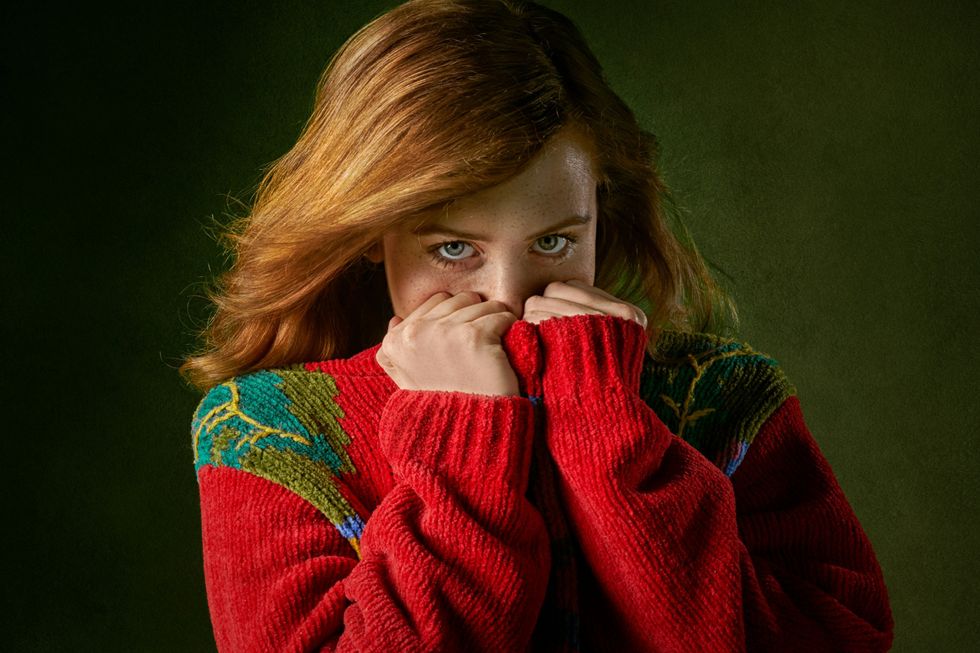 woman covering mouth with sweater
Photo by
woman covering mouth with sweater
Photo by  person holding remote pointing at TV
Photo by
person holding remote pointing at TV
Photo by  a woman with her arms raised in a crowd of people
Photo by
a woman with her arms raised in a crowd of people
Photo by  "Shocked disbelief: '95% of the population is undateable?'"
"Shocked disbelief: '95% of the population is undateable?'"








